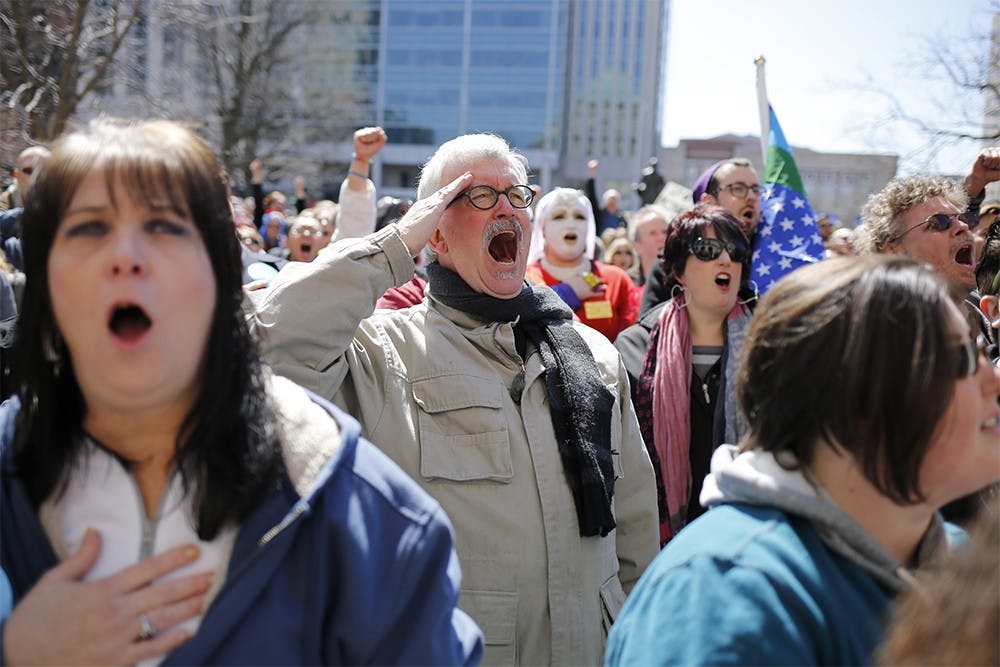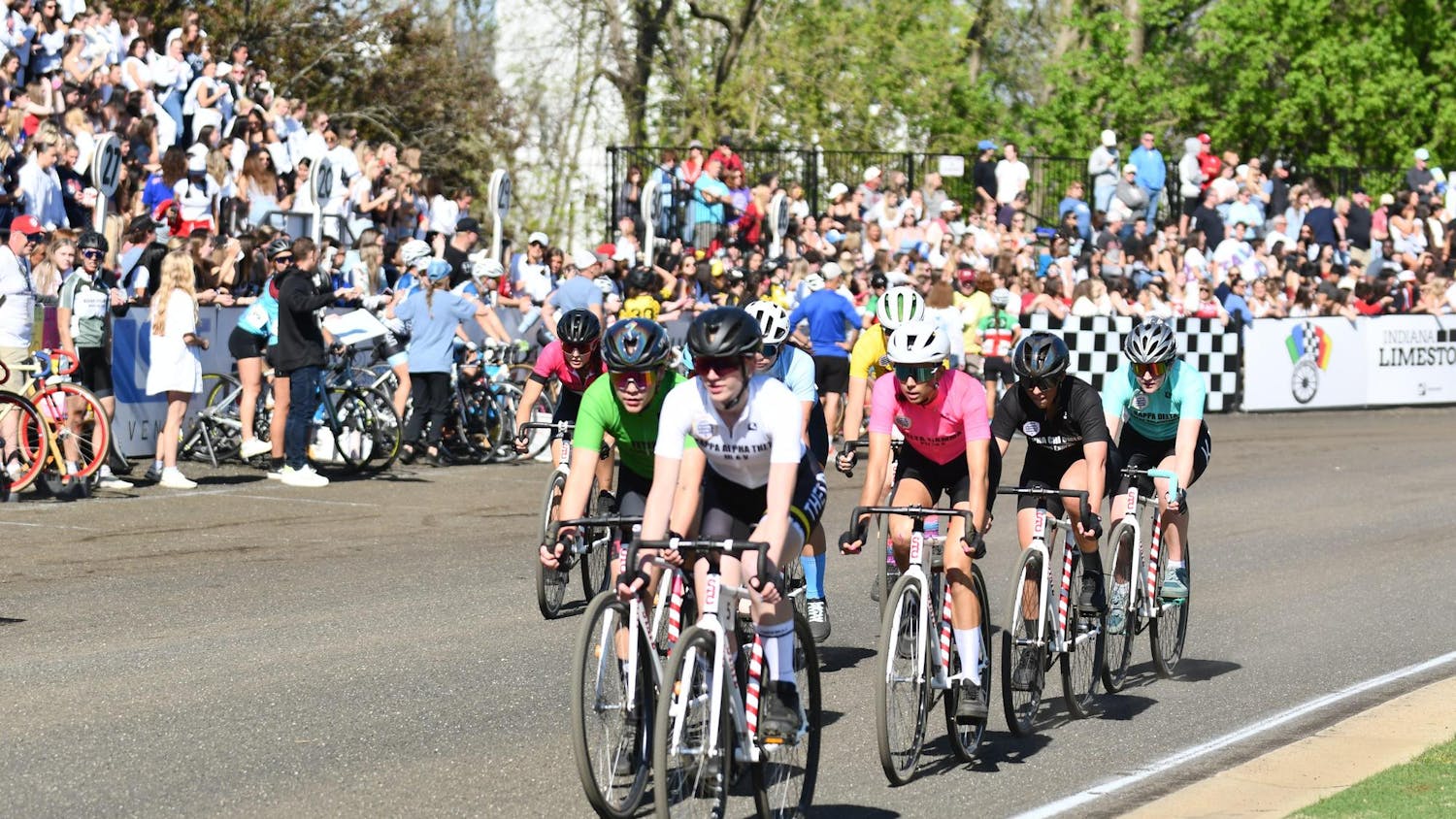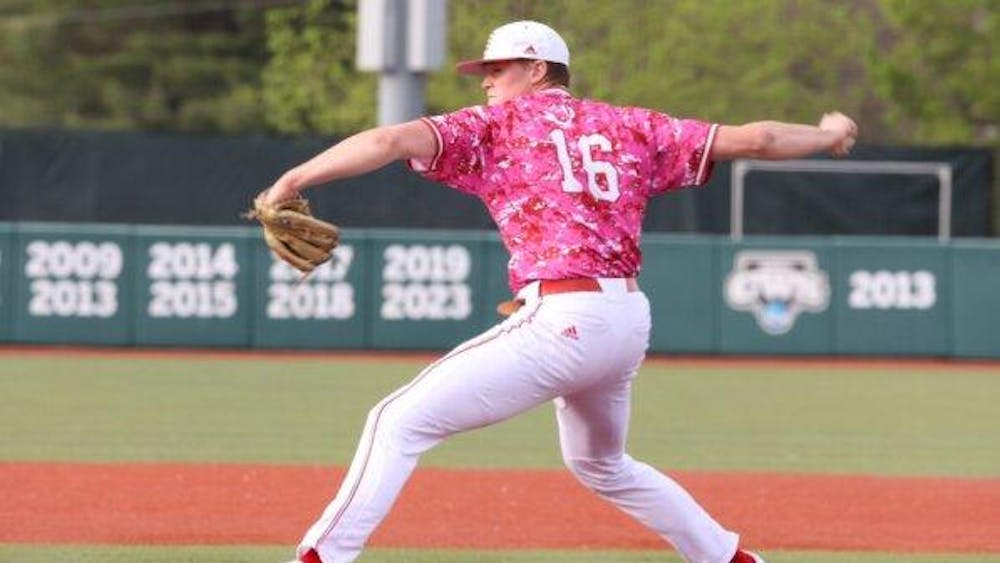The Religious Freedom Restoration Act likely cost the city of Indianapolis at least $60 million dollars in tourism revenue, according to the tourism group Visit Indy.
The data was released in January, shortly before the bill nicknamed “Super RFRA” was killed by the Senate Judiciary Committee Chairman.
“Super RFRA,” or Senate Bill 66, written by Sen. Mike Young, R-Indianapolis, would have increased protections for freedom of speech, freedom to assemble and freedom to bear arms. It would have also repealed RFRA, but without including a clause that would prohibit businesses from discriminating against LGBT individuals.
Visit Indy, a group dedicated to promoting Indianapolis, does not normally involve itself in politics, said Chris Gahl, the group’s vice president of marketing and communications.
When they read about the various LGBT-related bills circling through Congress, though, the group’s representatives decided to make an exception.
They had calculated the financial effects of RFRA and thought the results should be shared with lawmakers.
Since last April, Gahl reported, the city has lost twelve conventions due to RFRA. The losses translate to the approximately $60 million for the city.
“These numbers demonstrate that there has been a bit of a business impact to the city and the state,” Gahl said. “It’s one of many data points to take into consideration as people consider new legislation.”
Gahl said the organization came up with the data by questioning businesses who did not choose Indianapolis for their conventions. Twelve specifically cited RFRA as the reason they selected another location.
“We weren’t overly surprised,” he said. “We knew that there would be impact just based on how controversial the law was.”
According to Visit Indy, RFRA resulted in 2,500 negative news articles during a 30-day period and more than 1 billion negative social media impressions.
Visit Indy had not intended to share the report with anyone other than the elected officials whom they visited at the statehouse. They feared news about people not choosing Indianapolis might deter others from having conventions in the city, Gahl said.
When the Associated Press found the information, however, the company decided to confirm.
In order to counter the lasting effects of the bill, Gahl said Visit Indy staff has been trained to discuss RFRA and inform all potential clients about the Indianapolis Human Rights Ordinance, which protects both sexual orientation and gender identity.
Despite the controversy, 2015 marked a record-year for Visit Indy. Tourism revenue in Indiana grew by one percent, according to a speech made by Visit Indy President and CEO Leonard Hoops at the Indiana Convention Center on Thursday.
Hoops said the improvements could have been greater if it weren’t for RFRA.






